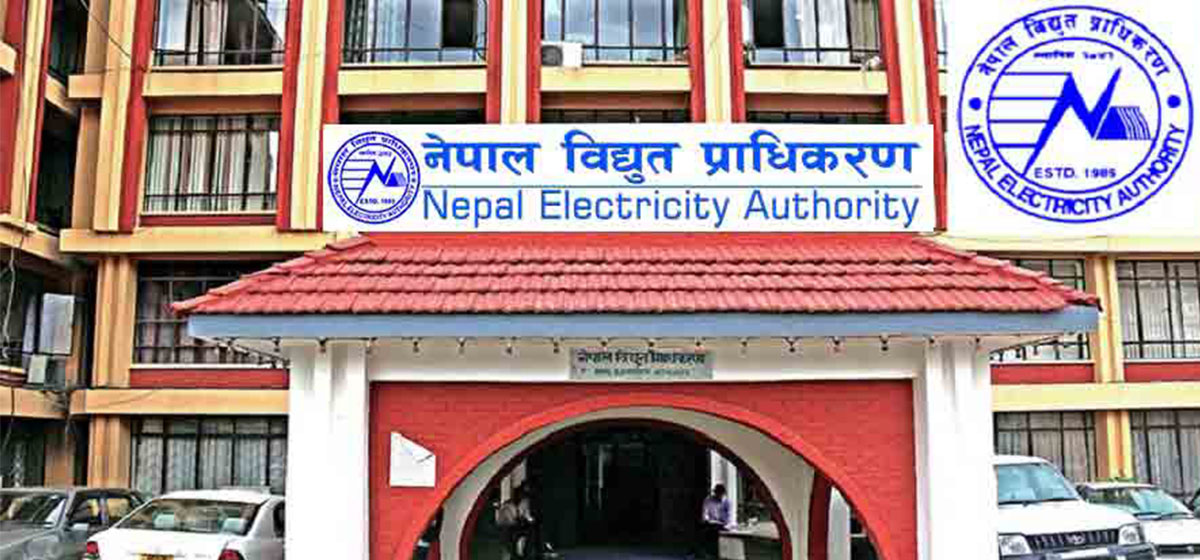Second phase election
The festive atmosphere witnessed on Sunday during the candidate registration of the second phase of local election—now being held in Provinces 1, 5 and 7—was indicative of how eagerly people and the political parties had waited for this election. There were sporadic incidents of violence, as the protesting Rastriya Janata Party Nepal (RJPN) tried to forcefully disrupt candidacy-filing in some places. Yet these instances of violence were rare. It is clear that while there are pockets of discontent, the vast majority of those registered to vote in these three provinces are keen to exercise their right to choose their local representatives, after being deprived of the opportunity for over two decades. It was interesting that in some places even the leaders affiliated to RJPN were seen filing their candidacy, thereby breaking the party fiat not just to boycott the second phase but to actively disrupt it. This, again, is a clear indication that there are differences even within the RJPN when it comes to the second phase. If the second phase can be conducted largely peacefully, these differences will only grow, especially since the unified party, the result of a merger of six small Madhes-based forces, is having a hard time apportioning portfolios.
The second phase will cover one metropolitan city, seven sub-metropolitan cities, 111 municipalities and 215 rural municipalities, with just under 6.5 million eligible voters choosing over 15,000 local level representatives. This is no small exercise. In the lead up to the June 28 vote, the Election Commission will have to closely work with the security organs and other government agencies to ensure that no one is deprived of their sovereign right to vote. In a democracy, there are bound to be some voices of discontent. This is where the security agencies should exercise utmost restraint and desist from use of force to quell anti-election protests. Yet it is also the responsibility of those holding these protests to ensure that they are peaceful. Yes, they have the right to protest; what they cannot do is to try to forcefully prevent people from voting, which is a crime. If the RJPN really believes that its poll boycott agenda has widespread support in Tarai-Madhes, as it claims, then people will of their own accord come out on the streets in a show of solidarity. Yet the fact that there have been no big protests ahead of the second phase suggests that most people don’t believe in the RJPN agenda of boycott and disruption.
Democratic election is the best imaginable gauge of public support for the ideologies and agendas espoused by particular political parties. This is why we have repeatedly urged the RJPN, and other political forces that may not be satisfied with some provisions of the new constitution, to go to the people with their agendas. How can you, as a democratic force, be afraid of facing the people? Yet, again, if some political parties don’t want to take part in election, they are perfectly entitled to do so; we also hope that they know that there are limits they cannot cross while expressing their displeasure. We are greatly enthused by the candidate nomination process on Sunday. Among other things it suggests the abiding faith of our political class in the democratic process.
The science of why friends make us feel good







_20240703153739.png)


























